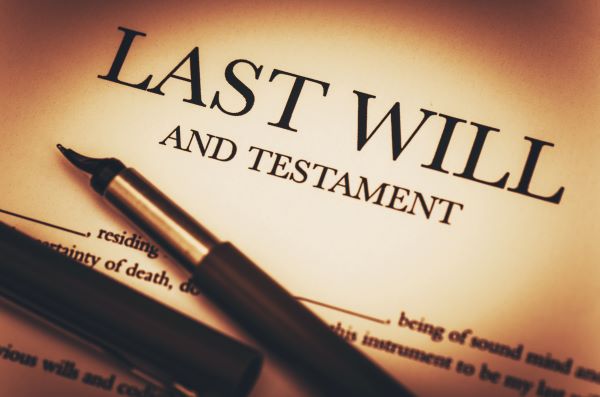An estate plan specifies how your property will be distributed when you die and provides instructions regarding how to care for your dependents. If you have people who you love and care for, then creating a will for your peace of mind and their protection is the right thing to do. Though crafting your will can make you face some uncomfortable topics, like mortality, it does not compare to the difficulty your loved ones will face trying to handle the logistics problems in the absence of your will.
Curiously, while many people have experienced the death of their parent and the fallout that occurs if the parent had no will, the number of Americans making wills is dropping. Recently, a study by Caring.com identifies that in 2020, 25 percent fewer people have a will than in 2017. Surprisingly, older and middle-aged adults make up a substantial part of this group even though 30 percent of the people in the study believe you should have a will by the age of 35.
Many Americans feel they do not have enough assets to deem a will necessary, but unless you are destitute, you probably own a lot more than you think. Property ownership includes things like individual as well as jointly owned bank accounts, stocks and bonds, retirement accounts, real estate, jewelry, vehicles, your online digital footprint, and even pets, which are all part of your estate. You do not have to be wealthy, or even close to it, to benefit from having a will. You will also protect your family and loved ones at a time when their focus should be on grieving your loss, not administering to legal issues because you did not have a will.
Wills are subject to state law. When you die without a will, it is known as dying intestate, and the determination of the distribution of your assets becomes the responsibility of a probate court. The probate court appoints an administrator who will act as your executor, identifying legal claims against your estate, paying off outstanding debts, and locating your legal heirs. Locating heirs only occurs in the case where your property is worth more than your outstanding debts.
If you have an existing will we would be happy to review it to make sure it still reflects your wishes. If you don’t have a will we would be happy to help you create one that makes sense for your situation. Taking these steps now will bring you peace of mind, save your estate money, and protect your family and loved ones. We hope you found this article helpful. Contact our Louisville office at (502) 631-1488 and schedule a consultation to discuss your legal matters.




